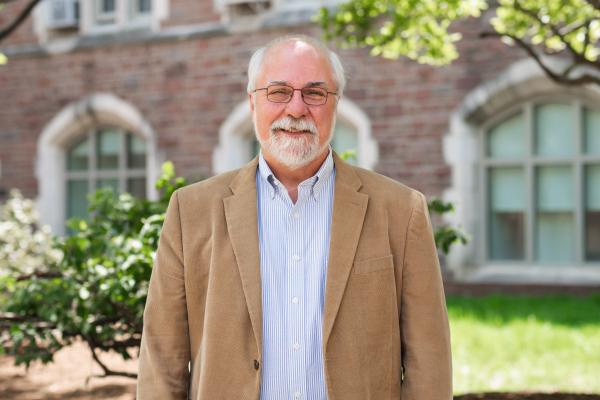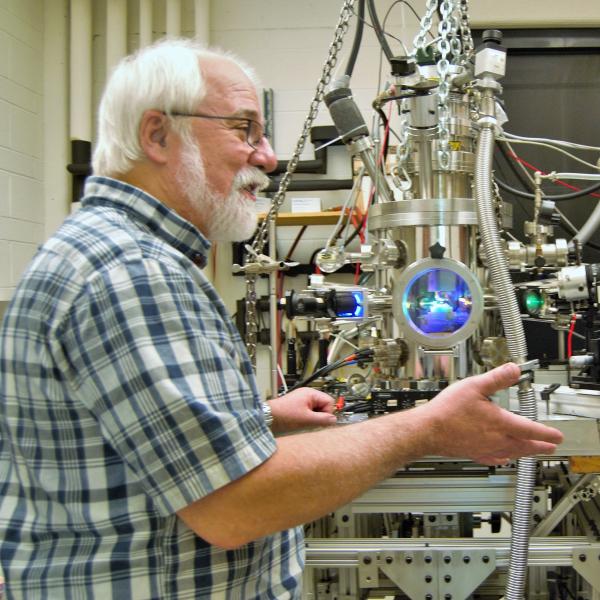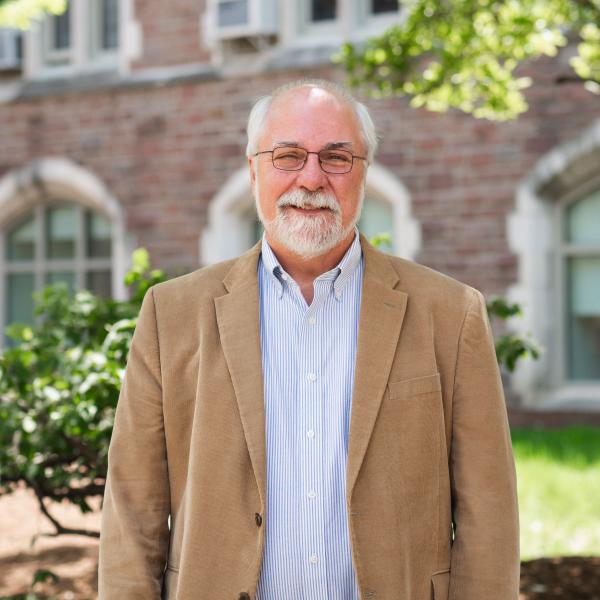Professor Kelton's Laboratory for Materials Physics Research studies the formation, structures, and physical properties of many materials, particularly novel non-crystalline phases of metals, such as quasicrystals, metallic and silicate glasses, and liquids.
Kelton's research interests include the study and production of titanium/zirconium-based quasicrystals and related phases; the fundamental investigations of time-dependent nucleation processes; modeling of crystallization in silicate glasses; the structure of amorphous materials; the relation between structure and nucleation barrier; and structure and dynamics of metallic liquids.
From 1983 to the present, Kelton has served as a Post Doctoral Fellow in the Division of Applied Sciences at Harvard University, Assistant Professor of Physics at Washington University, Associate Professor of Metallurgy and Materials Science at Washington University, Associate Professor of Physics at Washington University, Adjunct Senior Investigator, Graduate Center for Materials Research at the University of Missouri at Rolla, Professor of Metallurgy and Materials Science at Washington University, Consultant MEMC Corporation and ABB/Alstom, Inc. and Professor of Physics at Washington University. He was installed as the Arthur Holly Compton Professor in Arts & Sciences in October 2006. He served as the Chair of the Physics Department from July 2007 through June 2012. In July 2013, he became the inaugural director of the Institute of Materials Science and Engineering, a PhD granting institute that sits in both the School of Arts & Sciences and the School of Engineering and Applied Sciences.
Honors and Awards
| 2010 | ISMANAM (International Symposium on Amorphous, Nanocrystalline and Metastable Materials) Senior Scientist Award |
| 2008 | Hall of Distinction, Arkansas Tech University |
| 2006- | Advisory Board, Journal of Non-Crystalline Solids |
| 2005 | Elected Fellow of the American Physical Society |
| 2003 | Invited Visiting Professor Université de Cergy-Pointoise, France |
| 1998-2006 | U.S. Regional Editor, Journal of Non-Crystalline Solids |
| 1993 | SERC Visiting Fellow, Cambridge University, Cambridge UK |
| 1993 | Fellow Commoner, Churchill College, Cambridge University, Cambridge UK |






